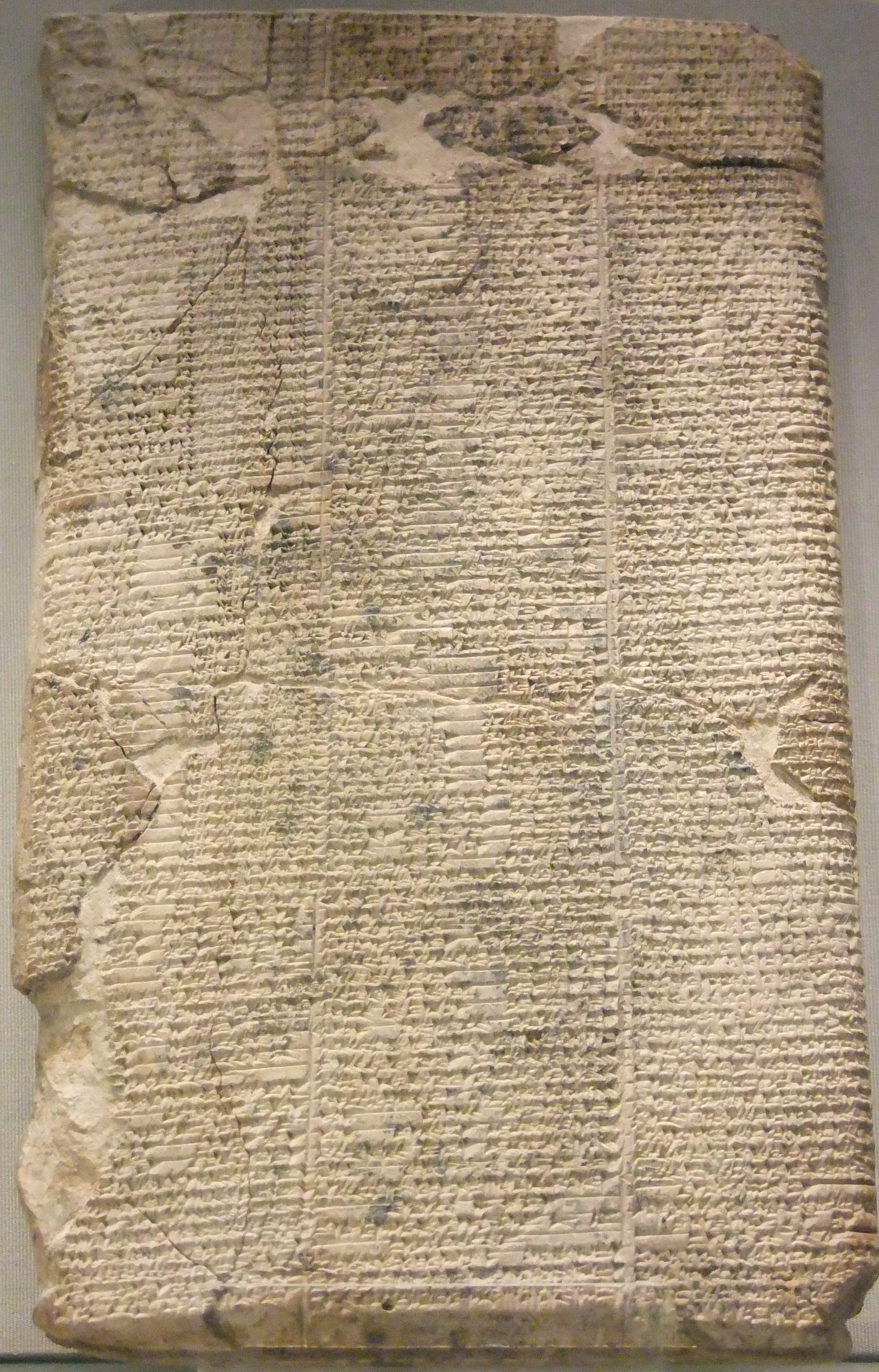Lament for Sumer and Ur on:
[Wikipedia]
[Google]
[Amazon]
 The lament for Sumer and Urim or the lament for Sumer and Ur is a
The lament for Sumer and Urim or the lament for Sumer and Ur is a
Translation of the ''Lament for Sumer and Urim''
from the
poem
Poetry (derived from the Greek ''poiesis'', "making"), also called verse, is a form of literature that uses aesthetic and often rhythmic qualities of language − such as phonaesthetics, sound symbolism, and metre − to evoke meanings in ...
and one of five known Mesopotamian "city laments"—dirge
A dirge ( la, dirige, naenia) is a somber song or lament expressing mourning or grief, such as would be appropriate for performance at a funeral. Often taking the form of a brief hymn, dirges are typically shorter and less meditative than elegi ...
s for ruined cities in the voice of the city's tutelary goddess
A tutelary () (also tutelar) is a deity or a spirit who is a guardian, patron, or protector of a particular place, geographic feature, person, lineage, nation, culture, or occupation. The etymology of "tutelary" expresses the concept of safety and ...
.
The other city laments are:
*The Lament for Ur
The Lament for Ur, or Lamentation over the city of Ur is a Sumerian lament composed around the time of the fall of Ur to the Elamites and the end of the city's third dynasty (c. 2000 BC).
Laments
It contains one of five known Mesopotamian ...
*The Lament for Nippur
*The Lament for Eridu
*The Lament for Uruk
In 2004 BCE, during the last year of King Ibbi-Sin's reign, Ur fell to an army from the east. The Sumerians decided that such a catastrophic event could only be explained through divine intervention and wrote in the lament that the gods, "An, Enlil, Enki and Ninmah decided r'sfate"
The literary works of the Sumerians were widely translated (e.g., by the Hittites
The Hittites () were an Anatolian people who played an important role in establishing first a kingdom in Kussara (before 1750 BC), then the Kanesh or Nesha kingdom (c. 1750–1650 BC), and next an empire centered on Hattusa in north-centra ...
, Hurrians and Canaanites). Sumeria historian Samuel Noah Kramer wrote that later Greek
Greek may refer to:
Greece
Anything of, from, or related to Greece, a country in Southern Europe:
*Greeks, an ethnic group.
*Greek language, a branch of the Indo-European language family.
**Proto-Greek language, the assumed last common ancestor ...
as well as Hebrew
Hebrew (; ; ) is a Northwest Semitic language of the Afroasiatic language family. Historically, it is one of the spoken languages of the Israelites and their longest-surviving descendants, the Jews and Samaritans. It was largely preserved ...
texts "were profoundly influenced by them." Contemporary scholars have drawn parallels between the lament and passages from the bible (e.g., "the Lord departed from his temple and stood on the mountain east of Jerusalem (Ezekiel 10:18-19)."Ancient Near Eastern Themes in Biblical Theology, By Jeffrey Jay Niehaus, 2008, 118
References
{{reflistExternal links
Translation of the ''Lament for Sumer and Urim''
from the
Electronic Text Corpus of Sumerian Literature
The Electronic Text Corpus of Sumerian Literature (ETCSL) was a project that provides an online digital library of texts and translations of Sumerian literature.
This project's website contains "Sumerian text, English prose translation and bibl ...
Sumerian texts
Clay tablets
Mesopotamian myths
Comparative mythology
Ur
Poems about cities